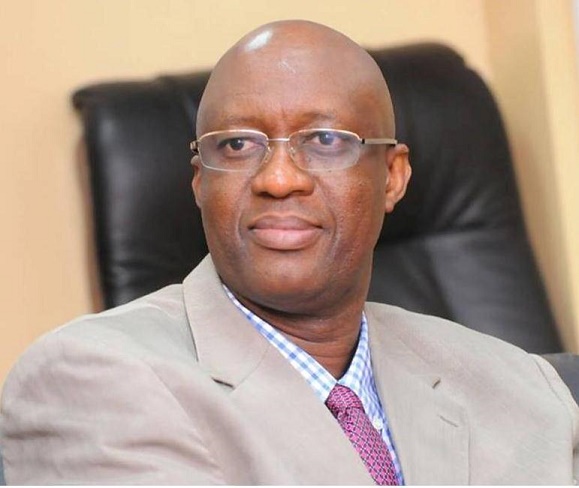
The Gambian delegation first went to the Rwanda Revenue Authority (RRA) before moving to Nairobi.
The week-long study was meant to enable the Gambia’s customs authority learn new technological innovations to help The Gambia Tax Authority move to digitised tax collection system.
According to Commissioner General Darboe, currently The Gambia is using GAMTAXNET for domestic tax collections and ASYCUDA for international trade collection. He cited that GRA is also in the move to change both systems to higher and better systems.
He confirmed that The Gambia Customs Authority through the GRA were in Nairobi, Kenya, for a weeklong study tour on Integrated Tax Administration System (ITAS) with funding from the World Bank.
He explained that ITAS is a new system for domestic tax collection and currently in The Gambia at the level of GRA, “we have experts on the grounds building a new system for customs revenue collection called (ASYCUDA World).”
The GRA boss also indicated that on his watch, GRA would not relent in its efforts to ensure that GRA staff have the requisite skills and experiences to move into digitalisation system to collect the much needed revenue for government.
He also used the opportunity to thank both the GRA board and senior management for their high sense of commitment and dedication towards the GRA for the unprecedented registration over the years.
In presenting a paper on behalf of the Gambia Revenue Authority (GRA) Mr. Samba Sallah, deputy commissioner, Domestic Taxes Department of GRA, who also doubles as the project manager of the Integrated Tax Administration system (ITAS ), said: “The Gambia Revenue Authority was created by the Gambia Revenue Authority Act, 2004 as a semi-autonomous corporate body to administer, assess and collect revenue and to provide for the efficient and effective administration of the revenue collecting system, among other things.”
“The Gambia’s tax system underwent a Tax Administration Diagnostics Assessment Tool (TADAT) in 2018. The assessment evaluated the efficiency of the whole tax administration system, including the information system and the administration and accounting processes and procedures. One of the key weaknesses identified was an inadequate integrated tax administration system. The weaknesses identified impacts negatively on the credibility, reliability and ready availability of tax administration data.”
“The World Bank is supporting the government of The Gambia, through the Gambia Fiscal Management Development Project in the acquisition and implementation of an Integrated Tax Administration System (ITAS). The new system will replace the existing tax administration System,” he declared.
Mr. Sallah further stated that one of the key requirements of the project is to undertake a study tour to selected countries that have successfully implemented an efficient and effective ITAS.
According to Sallah, both the Kenya Revenue (KRA) and the Rwanda Revenue Authorities (RRA) were recommended by the consultant hired to review the Authority’s business process in preparation for the ITAS implementation. “This recommendation was based on their success in implementing ITASs efficiently and effectively,” Mr. Sallah stated.
The study tour is expected to serve as a reference point for the GRA ITAS implementation. It provided an opportunity for peer learning and exchange of information on good practices for systems implementation and ownership right from the beginning. It is expected to achieve the following outcomes: Afford the GRA an understanding of the legal and regulatory underpinnings of tax automation in the studied countries and provide the basis for identifying gaps in the Gambia legal and regulatory framework with respect to tax administration automation. Afford the GRA an understanding of the governance arrangements required in implementing an ITAS and organisation arrangements required to ensure successful derivation of value from the ITAS after commissioning; equip the GRA team with knowledge about the practical details and implication of sequencing ITAS module implementation.





